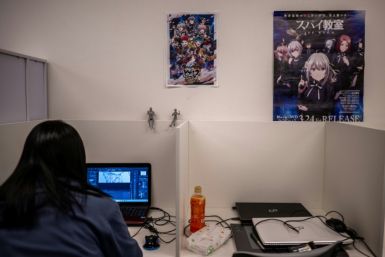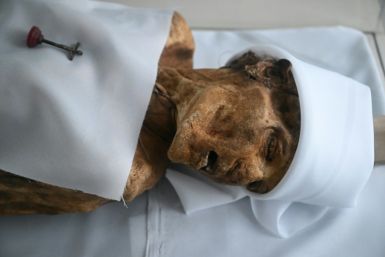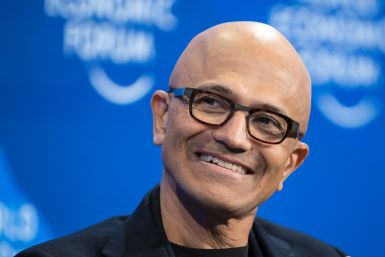Australian Stock Market Report – Midday 8/3/2012
MIDDAY REPORT
(12pm AEST)
The Australian sharemarket is losing ground for the second time this week. The All Ordinaries Index (XAO) is down 1 pct or 42 pts to 4248.1. No sectors are escaping the selling, with the miners by far the biggest drag on trade.
The S&P/ASX 200 Materials index is down 2.49 pct or 235.5 pts to 9205.1. The world's largest miner, BHP Billiton (BHP) is 2.31 pct or 74 cents lower to $31.27. BHP (the biggest company on the Australian sharemarket) has had to write-down the value of its American shale gas assets by US$2.84 billion (AU$2.7 billion). This has been partly due to lower gas prices and an abundance of supply.
BHP's Chief Executive, Marius Kloppers, said that "The Fayetteville charge reflects the fall in United States domestic gas prices and the company's decision to adjust its development plans by shifting drilling from dry gas to the more liquids rich fields. While we have responded appropriately to the changed market conditions today's impairment is clearly disappointing."
The country's second largest miner, Rio Tinto (RIO) is 4.34 pct or $2.36 weaker to $52.05. Commodity prices slumped overnight due to disappointing comments from the European Central Bank (ECB) in relation to stimulus.
The four major banks, which make up around 25 pct of the Australian sharemarket are all trading in the red at lunch, with Commonwealth Bank (CBA) down 0.9 pct or 51 cents to $56.08, while Westpac (WBC) is wiping out most of yesterday's gains and is down 0.87 pct. National Australia Bank (NAB) is 0.56 pct or 14 cents lower to $25.01 and ANZ Banking Group (ANZ) is easing by 0.34 pct or 8 cents to $23.42.
Olympics aside, it seems that I'm not the only one with trouble falling asleep, with sleep disorder equipment company, ResMed (RMD) having its best day of the year. RMD is up 10.26 pct or 31 cents to $3.33 after its full-year profit rose by 12 pct to $254.9 million and beat market expectations. Strong gains in the U.S and a drop in expenses helped lift its earnings.
Most sharemarkets are losing ground after a few hours of trade, with Japan's Nikkei 225 down most significantly, by 1.39 pct or 120.51 pts to 8532.67. Shares in Hong Kong, the Philippines, and South Korea are around 0.5 pct weaker while China isn't only leading the medal tally at the Olympics, but also outperforming markets across Asia-Pacific.
Following the end of daylight savings, major Asian markets will be trading between the hours mentioned below until October this year.
The Hong Kong sharemarket trades in two sessions each day and will now open for trade between 11.30am (AEST) and 2pm (AEST) while the second session is between 3.30pm (AEST) and 6pm (AEST).
Out of Japan, the first session will be between 11am (AEST) and 1pm (AEST) while the second session is between 2.30pm (AEST) and 5pm (AEST).
The Singapore exchange will be open for trade between 11am and 2.30pm (AEST) for the first session and then between 4pm and 7pm (AEST) for the second.
U.S futures are currently pointing to a slightly weaker start to trade tonight. Dow futures are down just 2 pts. The U.S market trades between 11.30pm (AEST) and 7am (AEST).
So far in trade at lunch, 680 million shares have been traded worth $1.61 billion. 246 shares are up, 461 are lower and 284 are currently unchanged.
The Australian dollar (AUD) is buying US104.6 cents, €86 cents and £67.5 pence. This seems to be a great time to travel to Europe, with the AUD hitting yet another fresh all-time high against the Euro overnight.
Tonight, keep your eye on the monthly jobs report out of the U.S at 10.30pm (AEST), which could drive markets overnight. Next week, the profit reporting season starts in Australia, with companies such as Rio Tinto, Newscorp, Newcrest Mining and JB Hi-Fi all issuing their profit results. The Reserve Bank of Australia (RBA) meets on Tuesday to make a decision on interest rates, with the market currently factoring in a 15 pct chance of a rate cut next month.
The AUD is the world's fifth most traded currency behind the U.S dollar, the Euro, Japanese Yen and British Pound. The AUD accounts for around 7 pct of all foreign exchange trades.
[Kick off your trading day with our newsletter]
More from IBT Markets:
Follow us on Facebook
Follow us on Twitter
Subscribe to get this delivered to your inbox daily






